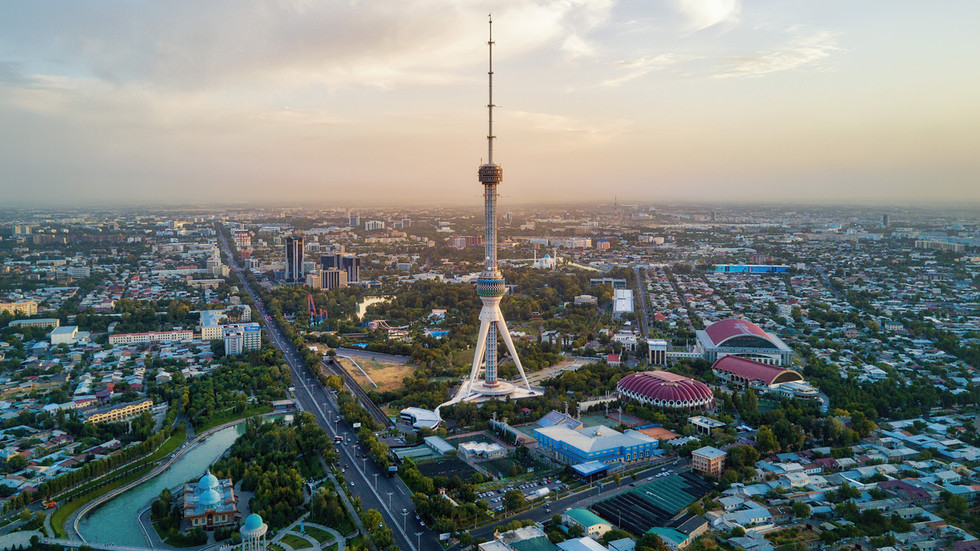
Energy shortages have forced Uzbekistan to turn to imports from the sanctioned country
© Getty Images / Lukas Bischoff
Russia will begin exporting some 9 million cubic meters of natural gas daily to Uzbekistan, the Central Asian nation’s Energy Ministry confirmed on Monday, adding that Tashkent had signed a two-year deal with Russian energy giant Gazprom.
Under the terms of the contract, deliveries will start on October 1 with annual volumes of gas supplies to total nearly 2.8 billion cubic meters.
The imports will be used to cover gas shortages during the cold season and will be delivered via the reversed Soviet-era pipeline connecting Central Asia to Russia, the ministry said.
It did not provide specific details on the price agreed as part of the deal, but highlighted that it was “negotiated in view of market prices in the region, as well as current prices in the republic and planned reforms based on market principles.”
The agreement with Russia’s Gazprom was signed by UzGasTrade and the Uzbek Energy Ministry on the sidelines of the St. Petersburg International Economic Forum (SPIEF).
The parties also adopted a road map for preparing Uzbekistan’s gas transportation system for receiving imports.
“In accordance with the above road map, the parties took into account that natural gas had been previously sent to Russia in transit from Kazakhstan through the Central Asia-Center gas pipeline, and now gas is supplied to Uzbekistan under the reverse regime,” the ministry specified.
Uzbekistan previously produced and exported natural gas, and in 2022 was projected to supply some 3.3 billion cubic meters to China and its neighbors in Central Asia.
However, blackouts experienced due to energy shortages last winter forced the government to completely suspend gas exports in December to save domestic supplies.
Last month, Uzbekistan’s statistics agency reported that the nation had resumed foreign sales of natural gas. China’s General Administration of Customs also said that imports of Uzbek gas had restarted after a three-month hiatus.
For more stories on economy & finance visit RT’s business section
